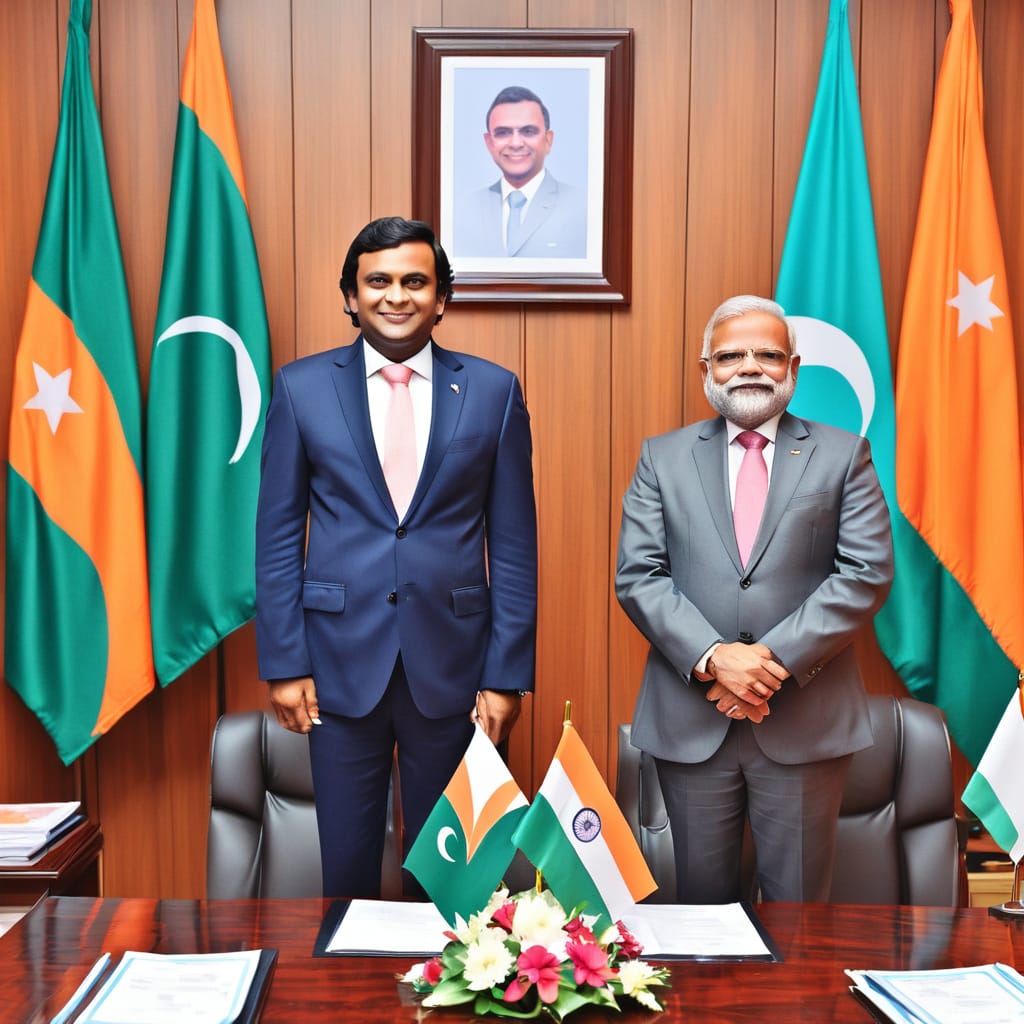The RuPay payment system from India will soon be available in the Maldives which is a big step toward the two nations expanding financial and economic cooperation. This action is anticipated to strengthen the bilateral ties between the two neighbouring countries as well as make transactions easier for Indian tourists visiting the Maldives. The National Payments Corporation of India (NPCI) created India’s native card payment network RuPay in order to carry out the Reserve Bank of India’s goal of creating a domestic international and open payment system. The system is made to provide safe convenient and affordable transactions and it has grown to be an essential component of India’s digital economy. Its growth throughout the world is evidence of its dependability and success in India.
Coinciding with both nations efforts to strengthen their economic ties is the launch of RuPay in the Maldives. The introduction of RuPay cards will give the many Indian tourists who travel to the Maldives each year an easy and affordable way to make purchases. In order to promote greater financial inclusion and convenience this initiative is a part of a larger strategy to integrate India’s digital payment infrastructure with international systems.
Many advantages are anticipated from an economic perspective with the introduction of RuPay in the Maldives. It also lowers the transaction fees linked to international cards making currency exchange unnecessary for Indian travelers. Increased Indian travel to the Maldives is expected as a result strengthening the regions tourism sector which is vital to the Maldives economy.
Additionally, the Maldives adoption of RuPay represents a step toward the regions increased economic integration. It highlights the Maldives dedication to adopting cutting-edge technology and enhancing its banking system. An increasingly integrated South Asian economy may result from this action which may open the door for additional financial and digital cooperation between India and the Maldives.
The wider geopolitical and economic trends in the area are also reflected in the Maldives decision to implement RuPay. As part of its foreign policy and economic strategy India has been aggressively marketing its digital payment solutions. RuPay and Unified Payments Interface (UPI) are popular choices for other nations aiming to update their payment infrastructures because their success in India has proven the systems feasibility and advantages. More than just a financial arrangement the Maldives see the integration of RuPay as a way to improve bilateral ties with India. India has contributed money to infrastructure and healthcare over the years as a major partner in the Maldive’s development.

The introduction of RuPay represents yet another facet of this intricate collaboration signifying shared confidence and collaboration. In terms of technology the Maldives RuPay deployment entails setting up a safe effective and globally compliant payment processing infrastructure. To guarantee a smooth integration the NPCI and financial institutions in the Maldives most likely worked closely together. This include installing RuPay card-accepting point-of-sale (POS) terminals educating nearby retailers and financial service providers and making sure legal requirements are met.
Awareness campaigns aimed at enlightening customers and merchants alike about the advantages and proper usage of the RuPay system are anticipated to coincide with the systems launch in the Maldives. These advertisements will probably emphasize the convenience security and cost-benefits of RuPay transactions. The integration of RuPay has the potential to augment the revenue streams of local merchants by attracting more business from Indian tourists. Generally speaking Indias plan to increase its digital footprint throughout the world includes the launch of RuPay in the Maldives.
India wants to establish itself as a pioneer in digital payment solutions providing dependable and expandable systems that other nations can adopt and it is doing this by pushing RuPay and UPI in foreign markets. This strengthens India’s economic clout internationally and gives Indian fintech companies a chance to delve into uncharted territory. Another precedent for other nations in the region is set by India and the Maldives cooperation on RuPay. It encourages other countries to think about integrating digital payment systems in a similar way by showcasing the potential advantages of using Indian solutions. South Asia’s financial environment may become more unified and effective as more nations sign up for this digital payment network.
In summary, the introduction of Indias RuPay payment system in the Maldives marks a critical turning point in the two nations’ bilateral ties. It reflects the expanding economic alliance and shared desire to use technology to improve convenience and financial inclusion. While the Maldives sees it as a chance to develop its tourism industry and update its financial infrastructure Indian visitors find it to be a simple and affordable method to process transactions. As a first step toward future partnerships and a more integrated regional economy this initiative benefits both countries.



